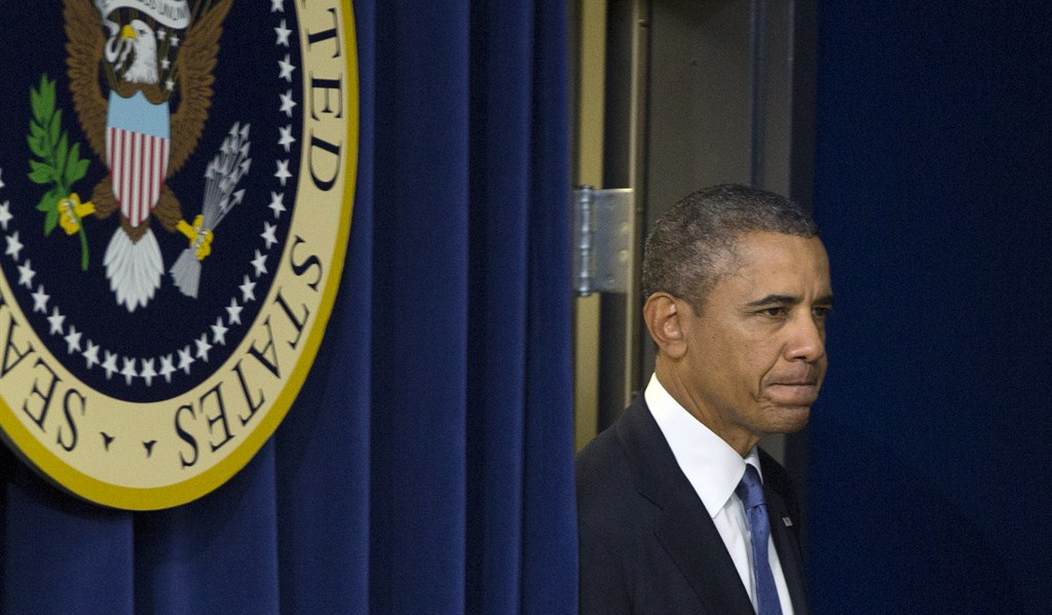The nonpartisan Congressional Budget Office is out with new debt and deficit projections, and has concluded that America's fiscal house remains in a state of dire disrepair. Despite some marginally positive news on medium-term deficits -- Kevin has more here -- our long-term debts and obligations are dangerously unsustainable. The Associated Press summarizes CBO's core findings:
A new government study says federal health care and retirement programs are threatening to overwhelm the federal budget and harm the economy in coming decades unless Washington finds the political will to restrain their growth. The Congressional Budget Office report says government spending on health care and Social Security would double, relative to the size of the economy, in 25 years and that spending on other programs like defense, transportation and education would decline to its smallest level by the same measure since the Great Depression. The report is one of a series by the agency and other budget watchdogs warning that spiraling long-term debt threatens to crowd out private investment, raise interest rates and limit Washington's ability to respond to a financial crisis.
House Budget Committee Chairman Paul Ryan, perhaps best known for his string of attempts to corral these issues with needed reforms, pounced on the news. His bullet-point analysis:
A Large Debt Hurts Jobs — Debt held by the public is projected to grow rapidly as a share of the economy in the years ahead from 73 percent today to 100 percent in 2038. CBO warns that “the high and rising amount of [projected] debt . . . would have significant negative consequences for both the economy and the federal budget.”
Spending Drives the Debt — CBO projects that government spending will increase as a share of the economy from 20.8 percent today to 26.2 percent by 2038—a nearly 26 percent increase. The aging of the baby-boom generation, rising health-care costs, and Obamacare are “expected to steadily boost the government’s spending.”
Obamacare Won’t Help — The report warns that the President’s health-care law won’t stop the explosion in health-care costs. Mandatory spending on health care will increase by 74 percent from 4.6 percent of GDP today to 8.0 percent of GDP over the next 25 years. Over the next decade, Obamacare will account for over half the growth in government spending on health care.
Higher Taxes Will Cost Jobs — CBO warns that if we raise taxes, as the President and his party’s leaders insist, our economy will hit the brakes. The report says higher tax rates “would discourage people from working and saving, further reducing output and income.”
Entitlement Reform Still Necessary — Entitlement programs—namely Social Security, Medicare, and Medicaid—and interest payments are driving our debt. CBO projects that government spending in these areas will consume 100 percent of total revenues by 2043.
Recommended
AEI's Jim Pethokoukis, formerly of Reuters, flags another troubling nugget within CBO's report. Namely, the primary 'top line' data point disseminate in the media (publicly-held debt will reach 100 percent of GDP by 2038) is likely a best-case scenario. Why?
Over the next 25 years, Americans will be taxed more to pay for a federal government that will more purely become a redistribution, wealth-transfer mechanism. Taxes and spending at record highs. America as a nuclear-armed insurance company. But here’s the thing: that forecast, as the CBO notes, does not factor in “the harm that growing debt would cause to the economy.” Hey, that would be a good thing to know, right? Well, you have to dig deeper into the CBO study to find those numbers. And when you take into account stuff like how deficits might “crowd out” investment in factories and computers and how people might respond to changes in after-tax wages, you find the debt is much, much larger, closer to 200% of GDP.
Pethokoukis notes that the worst-case scenario would lead to the public debt ballooning to 250 percent GDP, at which point CBO's economic model essentially breaks. Cannot compute. The "official" US national debt is approaching $17 trillion. With unpaid-for, long-term obligations known as "unfunded liabilities" factored in, the real number is closer to $90 trillion. As the hapless residents of Detroit have learned the hard way, ignoring long-horizon "tomorrow" problems eventually packs a destructive punch. As the Beltway gears up for another battle over raising the debt ceiling, a parade of elected Democrats have stated on the record that the US government does not have a spending problem. By roughly a two-to-one margin, Americans oppose Congress authorizing another increase in the federal government's borrowing authority. Though a hike is all but certain, Republicans are seeking to use this leverage point to force denialist Democrats into supporting off-setting spending reductions and other reforms. Congress and the president approved a debt ceiling increase of more than $2 trillion in 2011. Rapacious government spending has eaten through all of that borrowing in just over two years.

























Join the conversation as a VIP Member